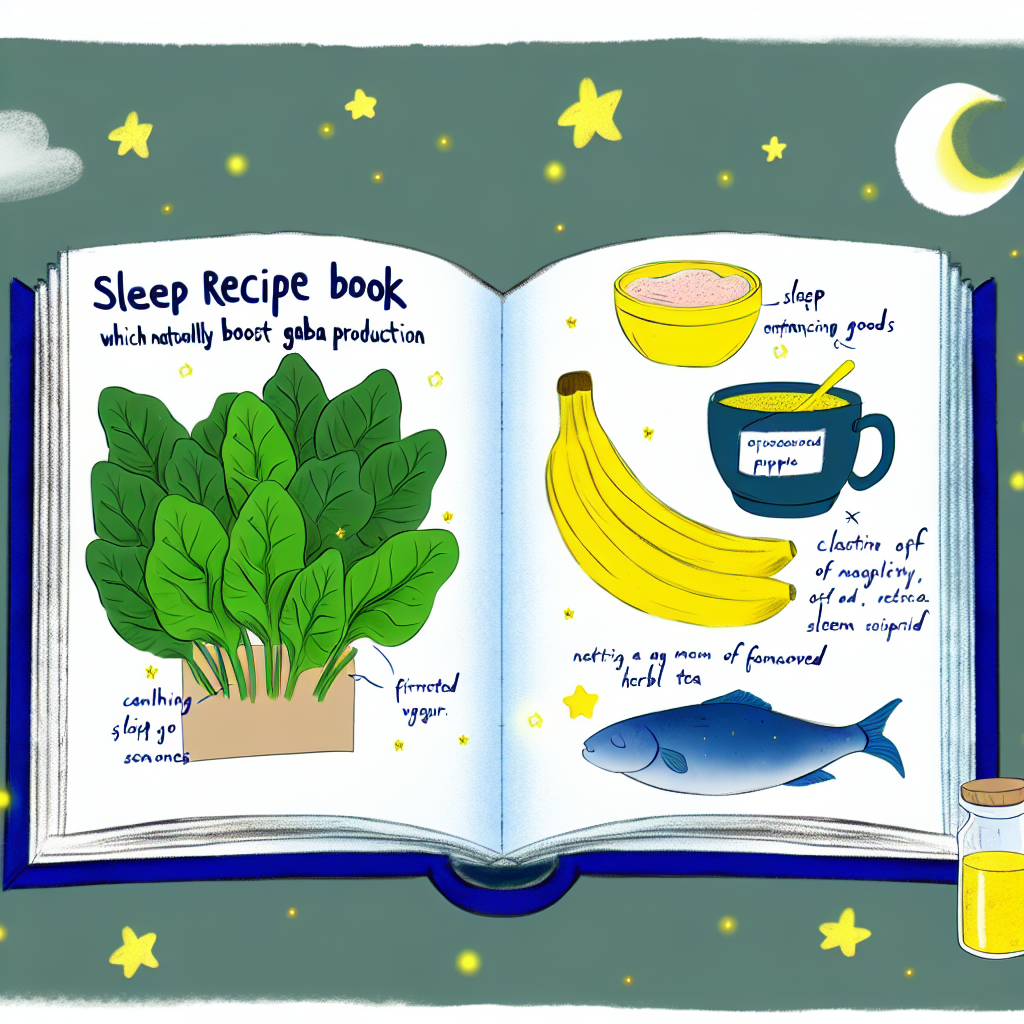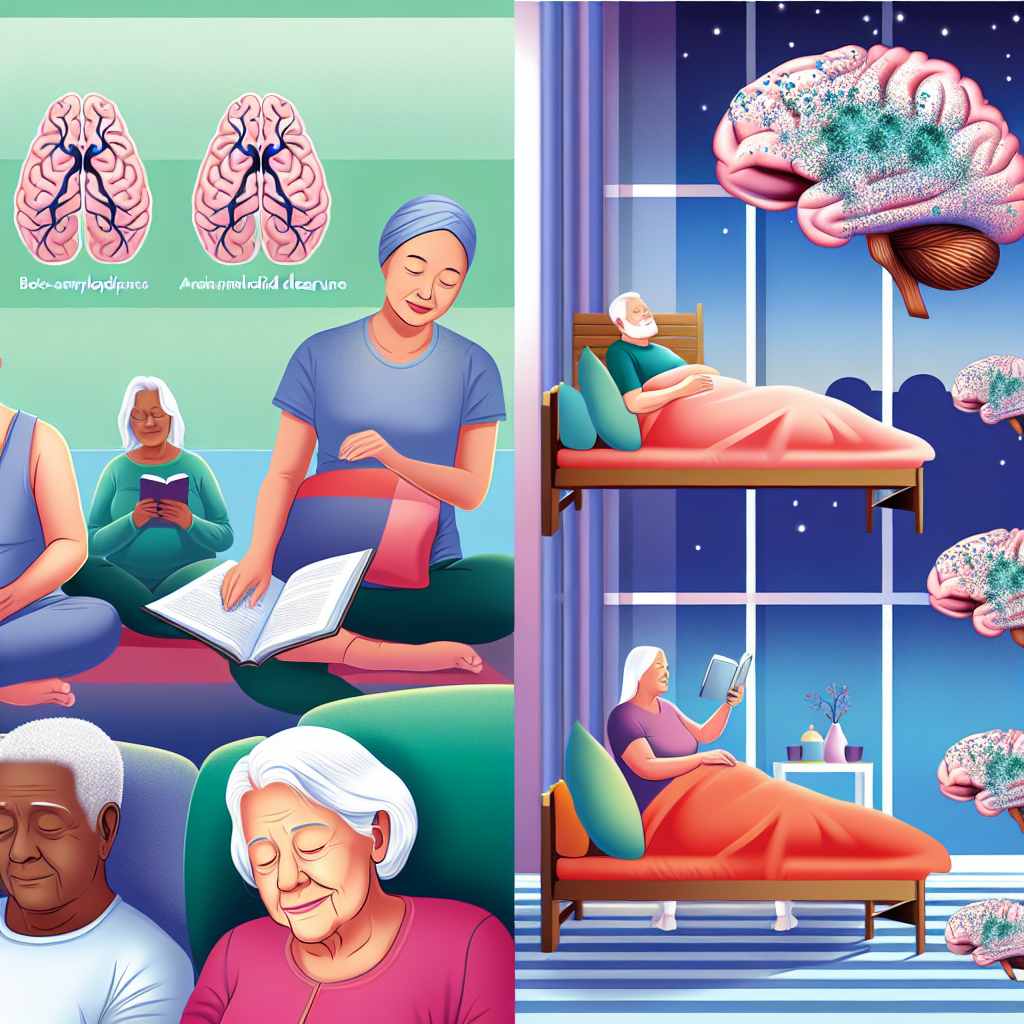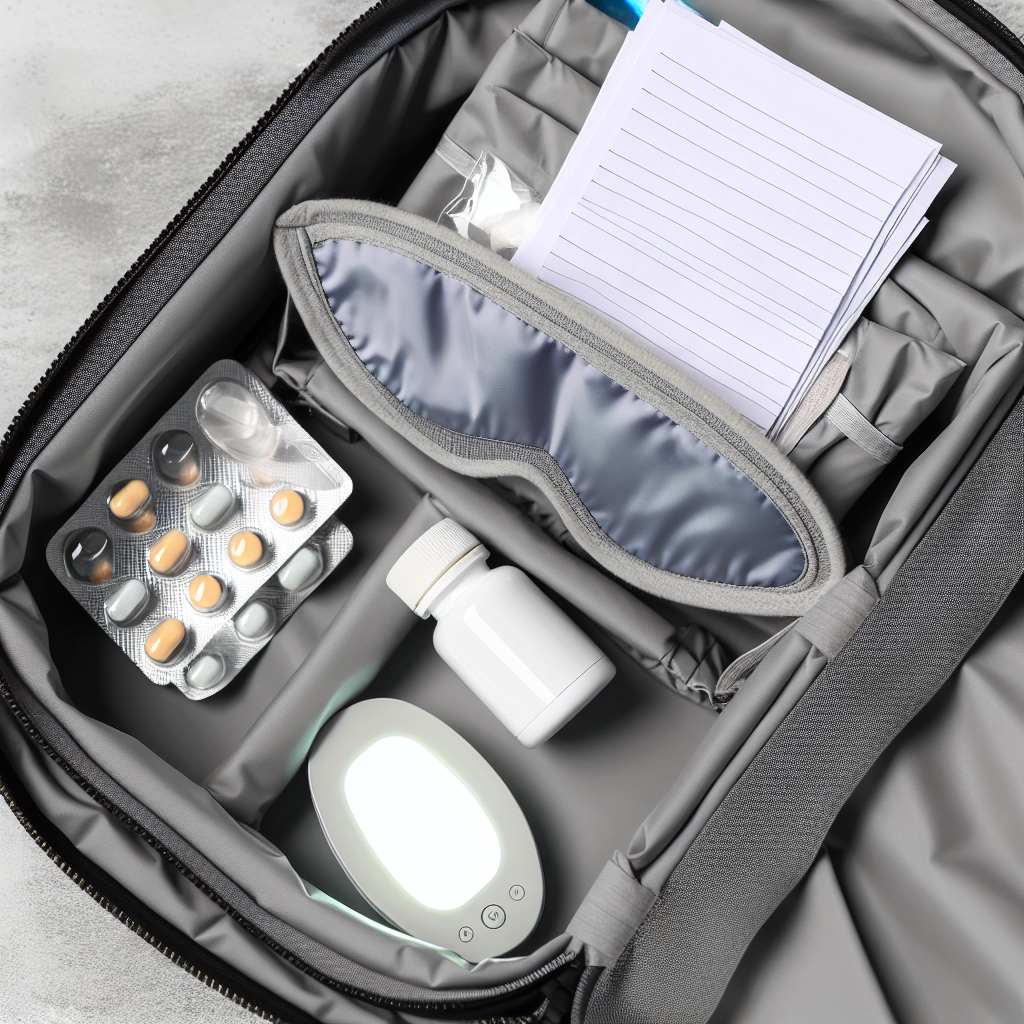Sleep Recipe Book – Natural GABA Support Through Nutrition
Introduction
In our increasingly busy world, restful sleep is becoming more of a luxury than a guarantee. Chronic stress, late-night screen exposure, and poor dietary habits significantly affect our ability to unwind and enter deep, restorative sleep. One of the most important, yet often overlooked, contributors to healthy sleep is the neurotransmitter GABA (gamma-aminobutyric acid).
GABA is the brain’s primary inhibitory neurotransmitter, functioning to reduce nerve activity and induce calmness. When GABA levels are low, the brain stays in a heightened state of excitability, making it difficult to fall asleep or reach deep sleep stages. Low GABA levels are also commonly associated with anxiety, stress, and insomnia, worsening sleep problems over time.
Fortunately, improving GABA function doesn’t always require medication. Nature offers us foods rich in nutrients that support the body’s GABA production. By incorporating these foods, we can build a nutritional foundation for better quality sleep. A dedicated approach—like a “Sleep Recipe Book”—can empower anyone, regardless of age or lifestyle, to use their kitchen as a sleep support system.
This guide explores how nutrition affects GABA synthesis and identifies key ingredients and meals to help increase GABA levels. Whether you’re a busy parent trying to ease your children into sleep or someone struggling with chronic sleep disruptions, this guide translates nutritional science into daily practice for better health.
The Science Behind GABA and Nutrition
GABA is vital in reducing brain excitability, stabilizing mood, lowering anxiety, and promoting restful sleep. The body naturally produces GABA, but diet influences how much is made and how well it functions in the brain.
Numerous clinical studies strengthen the connection between dietary habits and GABA levels. A study published in Frontiers in Psychology (2018) revealed that diets high in GABA and glutamate-rich foods improved both sleep quality and duration by modulating neurotransmitters. This highlights the potential of food as a safe and sustainable alternative to pharmaceuticals in managing sleep disturbances.
Magnesium plays one of the most direct roles in GABA activity. It helps convert glutamate—an excitatory neurotransmitter—into GABA. Foods such as spinach, pumpkin seeds, almonds, and avocados are magnesium-rich and contribute to calmer states before bed. A thorough review in the journal Nutrients (2020) details how magnesium improves sleep efficiency in children and adults by supporting neurotransmitter regulation.
Another crucial nutrient is vitamin B6, which enables the production of GABA by acting as a coenzyme. Found in bananas, chickpeas, salmon, and other whole foods, B6 helps convert glutamate into active GABA. A randomized trial published by the National Library of Medicine (2019) found that B6 supplementation improved sleep quality and reduced stress significantly after five weeks.
Next are fermented foods, which contain natural GABA formed during fermentation. Popular examples include kimchi, yogurt, kefir, and miso. These foods influence the gut-brain axis, a bidirectional communication network between your intestinal tract and nervous system. A 2021 study in the International Journal of Molecular Sciences found that probiotic foods increased GABA activity via microbial interactions that promote calmness and improve overall mood.
Finally, certain amino acids help regulate GABA receptors. L-theanine, found in green and black teas, and taurine, present in shellfish and fatty fish like mackerel and tuna, contribute to GABA receptor sensitivity and calming effects. Incorporating these ingredients into an evening ritual—like a warm cup of green tea or an omega-rich fish dinner—can augment the brain’s ability to enter rest mode naturally.
In essence, food is more than nourishment—it directly influences biochemical pathways like GABA synthesis that dictate how well we sleep and handle stress. With intentional planning, meals can become medicines that help combat restless nights.
Conclusion
Sleep is fundamental to cognitive function, emotional regulation, immune strength, and energy balance throughout life. With GABA acting as a central nervous system regulator, nurturing its production through nutrition becomes a smart, accessible strategy to improve sleep quality.
A thoughtfully curated Sleep Recipe Book—rich in magnesium-dense vegetables, fermented foods, B-vitamin sources, and amino-acid-rich proteins—offers more than just healthy meals. It offers a consistent path toward physical and mental recovery every night. Whether you’re targeting stress relief, pediatric sleep issues, or aging-associated sleep decline, dietary changes can deliver restorative solutions.
Backed by scientific evidence, nutrition is rapidly becoming a mainstream intervention for improving rest. Empower yourself to build meals that calm the brain, promote neurotransmitter balance, and welcome in truly rejuvenating sleep.
References
1. Frontiers in Psychology (2018). The Role of Diet in Sleep Regulation.
2. Nutrients (2020). Magnesium and Sleep Disorders: Current Perspectives.
3. National Library of Medicine (2019). The Neurobiological Role of Vitamin B6 in Stress and Sleep Regulation.
4. International Journal of Molecular Sciences (2021). The Gut-Brain Axis and Probiotic Bacteria in GABA Production.
Concise Summary
This guide explores how boosting GABA—an essential calming neurotransmitter—through nutrition can significantly enhance sleep quality. Highlighting foods like magnesium-rich greens, B6-packed bananas, probiotic-rich kimchi, and calming amino acids, it offers readers practical strategies to naturally promote deep, restorative rest. Backed by clinical research, the Sleep Recipe Book empowers individuals across age groups to use their plates as tools for better sleep, reduced anxiety, and improved overall wellness—without relying on medication.

Dominic E. is a passionate filmmaker navigating the exciting intersection of art and science. By day, he delves into the complexities of the human body as a full-time medical writer, meticulously translating intricate medical concepts into accessible and engaging narratives. By night, he explores the boundless realm of cinematic storytelling, crafting narratives that evoke emotion and challenge perspectives.
Film Student and Full-time Medical Writer for ContentVendor.com




